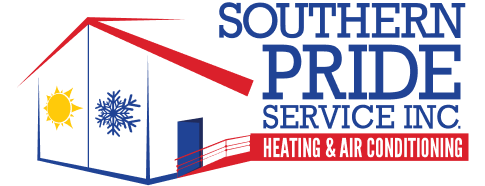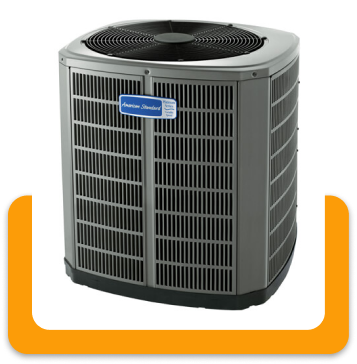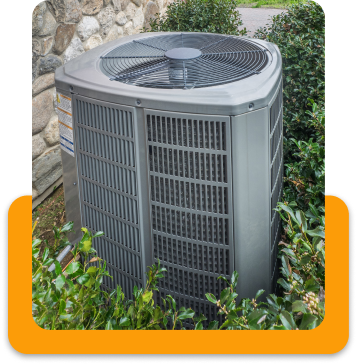La Plata’s Commercial HVAC Company
HVAC systems naturally undergo wear and tear as they run. This is completely normal, which is why they have a finite lifespan, usually 10 to 20 years. The most important thing you can do to keep your system in peak performance throughout the year is to service it routinely. Hire a licensed and certified HVAC technician to inspect, clean, and tune your system. Inspections allow a technician to detect and resolve potential issues early before they escalate into costly repairs or system failures.
Cleaning helps remove dust, dirt, and debris buildup in the system. These particles can lead to issues such as overheating, restricted airflow, poor air quality, increased energy consumption, and premature wear and tear.
Tune-ups include checking and adjusting refrigerant levels, lubricating moving parts to reduce friction, tightening electrical connections to prevent safety hazards and ensure reliable operation, calibrating the thermostat for accurate temperature control, and inspecting belts and hoses for any signs of damage or wear. They are preventative measures that keep the system running efficiently and reliably.
Call us for professional repairs when you notice the following signs:
- Inconsistent temperatures
- Poor airflow
- Unusual noises and odors
- Increased energy bills
Uneven temperatures or an inability to maintain a temperature setting often result from leaky or poorly designed ducts, inadequate insulation, clogged air filters, and a faulty thermostat. Blocked vents, issues with the blower motor, damaged ductwork, and obstructed filters can cause weak airflow.
Unusual noises can help you identify the specific problem your system has. For instance, banging and rattling noises may indicate loose or broken components within your heating and cooling unit. A high-pitched whistling noise often signals restricted airflow or refrigerant leak when it comes from the outdoor unit. Grinding or screeching sounds could suggest worn-out bearings or a failing belt.
The same goes for odors. Foul, musty odors often point to mold growth on the components. A sweet, chemical smell could indicate a refrigerant leak, especially in older systems that use Freon and hydrofluorocarbon-based coolants. Burning plastic smells signal electrical issues, while a rotten egg smell could mean a gas leak.
Consider replacing a commercial HVAC system when it is older than 10 years. At this age, the amount of wear and tear can significantly reduce efficiency, affect overall performance, and even pose a safety hazard. It’s better to be able to plan for the replacement than to wait until your current system dies during a time of heavy use, disrupting your business and potentially forcing you to close your doors unexpectedly while it gets replaced.







